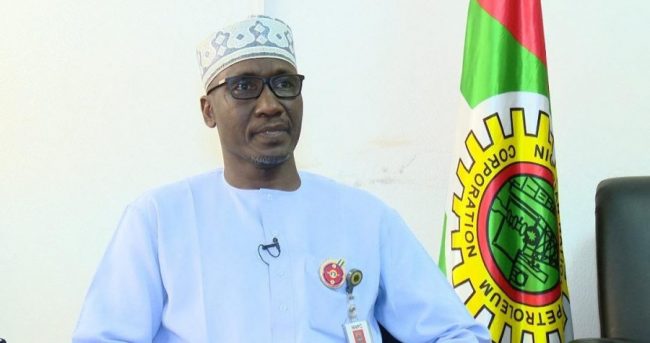In a significant boost to Nigeria’s gas sector, the Nigerian National Petroleum Company Limited (NNPC) and TotalEnergies have signed a $550 million Final Investment Decision (FID) to develop the Ubeta gas field. This strategic move, announced on Thursday, aims to enhance gas production and support Nigeria’s domestic and export markets.
Located approximately 80 kilometers northwest of Port Harcourt in Rivers State, the Ubeta field falls within the Oil Mining Lease (OML) 58, an onshore license jointly operated by TotalEnergies (40%) and NNPC (60%). The OML 58 currently includes the producing Obagi oil field and Ibewa gas and condensate field. Gas from OML 58 is processed at the Obite treatment center and supplied to the Nigerian domestic gas market and the Nigeria Liquefied Natural Gas (NLNG) plant.
Discovered in 1964, the Ubeta field is expected to produce around 350 million standard cubic feet per day (MMScf/d) of gas and 10,000 barrels per day (bpd) of associated liquids once operational. This production will tap into Nigeria’s vast gas reserves, enhancing supply to NLNG and bolstering the country’s energy infrastructure.
During the FID signing ceremony at NNPC Towers in Abuja, NNPC Group Chief Executive Officer Mele Kyari praised the supportive fiscal environment created by the Presidential Executive Order, which he credited with enabling this milestone. “We appreciate Mr. President for supporting us with the appropriate fiscal environment,” Kyari stated.
TotalEnergies’ Senior Vice President of Africa, Exploration & Production, Mike Sangster, highlighted the significance of the Ubeta project within the company’s portfolio. “Ubeta fits perfectly with our strategy of developing low-cost and low-emission projects, and will contribute to the Nigerian economy through higher NLNG exports,” Sangster said.
The development of the Ubeta field includes a new six-well cluster connected to existing Obite facilities via an 11-kilometer buried pipeline. Production is slated to commence in 2027, with an expected output plateau of 300 million cubic feet per day, equivalent to approximately 70,000 barrels of oil equivalent per day, including condensates.
Gas from the Ubeta field will be directed to the NLNG plant on Bonny Island, which is currently expanding its capacity from 22 to 30 metric tonnes per annum. NNPC holds a 49% stake in this expansion project. The Ubeta development emphasizes low-emission and cost-efficient operations, leveraging existing gas processing facilities and incorporating a 5MW solar plant at the Obite site.
Minister of State for Petroleum Resources (Oil), Heineken Lokpobiri, and Minister of State for Petroleum Resources (Gas), Ekperikpe Ekpo, both expressed confidence in the government’s policies to attract further investment into Nigeria’s oil and gas sector. The ministers highlighted the project’s potential to stimulate economic activity, create job opportunities, and deliver significant value to stakeholders.
Special Adviser to the President on Energy, Olu Verheijen, underscored the alignment of the Ubeta project with Nigeria’s overall energy policy, which emphasizes gas sector development to diversify the energy mix, reduce flaring, and promote cleaner energy sources. She pointed out that 76% of Nigeria’s gas reserves remain underdeveloped, with 50% classified as non-associated gas.
Verheijen also noted that the Ubeta FID aligns with recent Presidential Directives aimed at revitalizing investment in Nigeria’s oil and gas sector. These directives promote fiscal incentives for gas utilization projects, enhance local content competitiveness, and streamline contracting costs to global standards.
This $550 million investment is a testament to the growing investor confidence in Nigeria’s economy and its potential to significantly boost the country’s energy sector. The Ubeta project is poised to enhance Nigeria’s gas production capacity, support domestic energy needs, and strengthen the operational capacity of NLNG Train 7, contributing to the nation’s economic growth and energy security.












